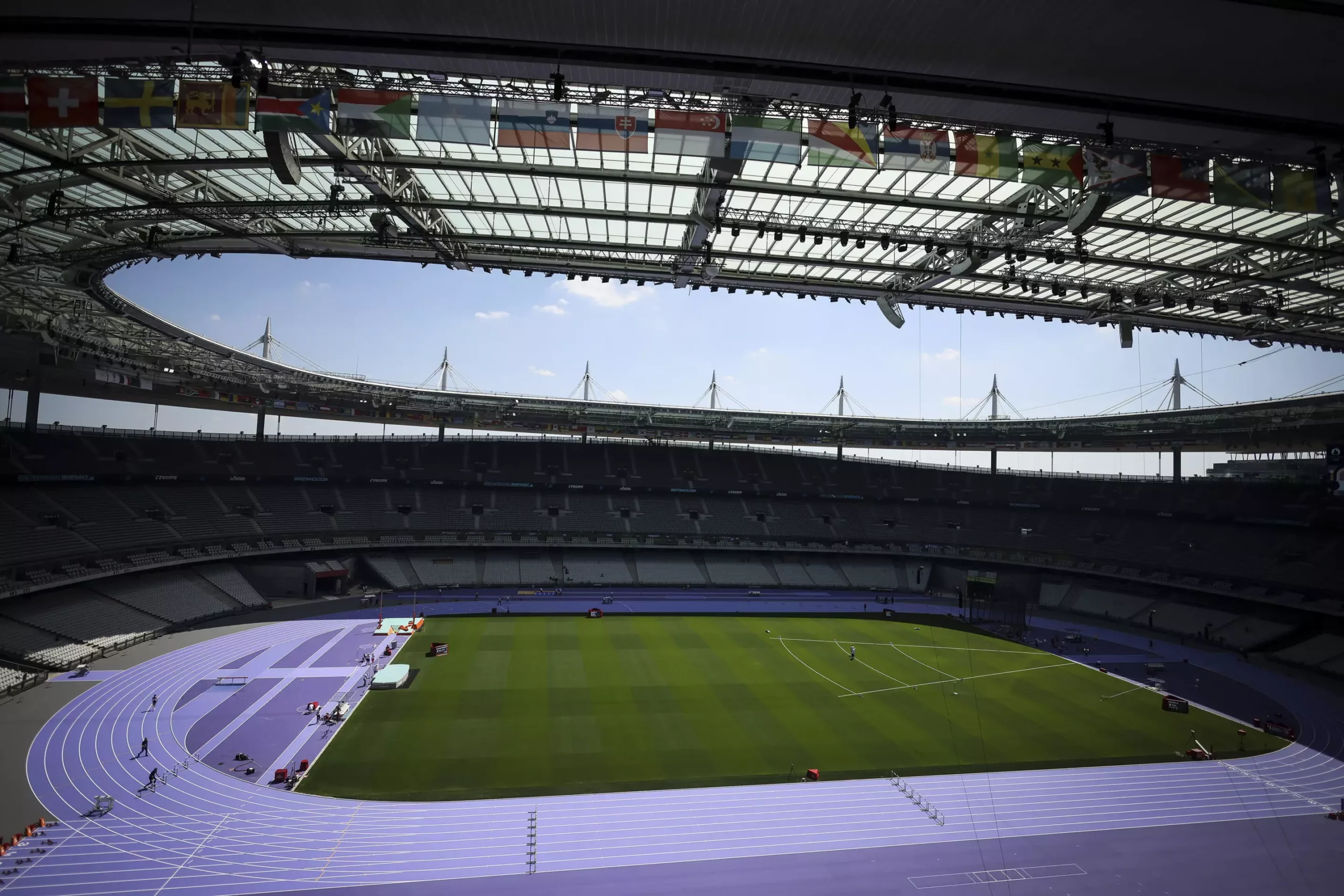

As Paris takes center stage with the Olympic Games, there is a significant focus on making the experience more accessible for individuals with visual impairments. The organizers of Paris 2024 have made a conscious effort to listen to the needs of people with disabilities to ensure that there are minimal barriers to their participation in the Games. Ludivine Munos, a former Paralympic swimming medalist, is leading the charge to integrate accessibility as a fundamental part of the Olympic and Paralympic Games.
One of the standout innovations at the Paris 2024 Olympics is the Vision Pad, a tactile tablet designed specifically for individuals with visual impairments. This innovative device features a moving magnetic ball that allows users to track the movement of the ball on a court or field by running their fingers across the tablet. Olympic enthusiast Zoé Thierry praised the Vision Pad for immersing users in the action of the game and providing a unique way to follow the ball.
In addition to the Vision Pad, there are several other cutting-edge technologies aimed at improving the experience for visually impaired individuals. One such technology is the Low-Vision Helmet, which acts as a virtual reality headset that enables users to zoom in on athletes or sports action. This innovative device, developed by companies like GiveVision, Touch2See, and Ezymob, enhances the viewing experience for visually impaired individuals by connecting them to live broadcast feeds from the venues.
Another critical technology for people with visual impairments is audio description. This feature provides detailed descriptions of all the action happening in the stadium, from movement to atmosphere and colors. French audio descriptors like Adrien Izard-Le Calvé and Joana Wexsteen play a vital role in ensuring that visually impaired individuals feel included and engaged during the Olympic events. Audio description is available for around 15 sports at the Paris 2024 Olympics and can be accessed through the official app.
The efforts towards enhancing accessibility at the Paris 2024 Olympics aim to set a precedent for inclusivity at major sporting events. While significant progress has been made in making the Games more accessible for people with visual impairments, there is still work to be done. The goal is to ensure that these advancements continue in future games, maintaining a legacy of inclusivity and accessibility for all spectators. As Wexsteen emphasizes, the ultimate disappointment would be to regress after making significant strides in accessibility during these Olympic Games.
The integration of technological innovations at the Paris 2024 Olympics represents a significant step towards making the Games more inclusive and accessible for individuals with visual impairments. By listening to the needs of people with disabilities and implementing cutting-edge technologies like the Vision Pad and the Low-Vision Helmet, the organizers are demonstrating a commitment to creating a more inclusive environment for all spectators. The goal is to set a standard for inclusivity at major sporting events and ensure that the legacy of accessibility continues in the future.
In the realm of software development, the ability to swiftly and accurately address bugs is…
The realm of quantum computing and communication is not just an abstract dream anymore; it…
In a remarkable leap for the field of material science, a collaborative research initiative has…
Throughout Earth's vast history, our planet has endured five major mass extinction events that reshaped…
Rainfall is a vital element of our planet’s hydrological cycle, yet many aspects of its…
On a night when the universe aligns, a mesmerizing phenomenon awaits: the appearance of the…
This website uses cookies.